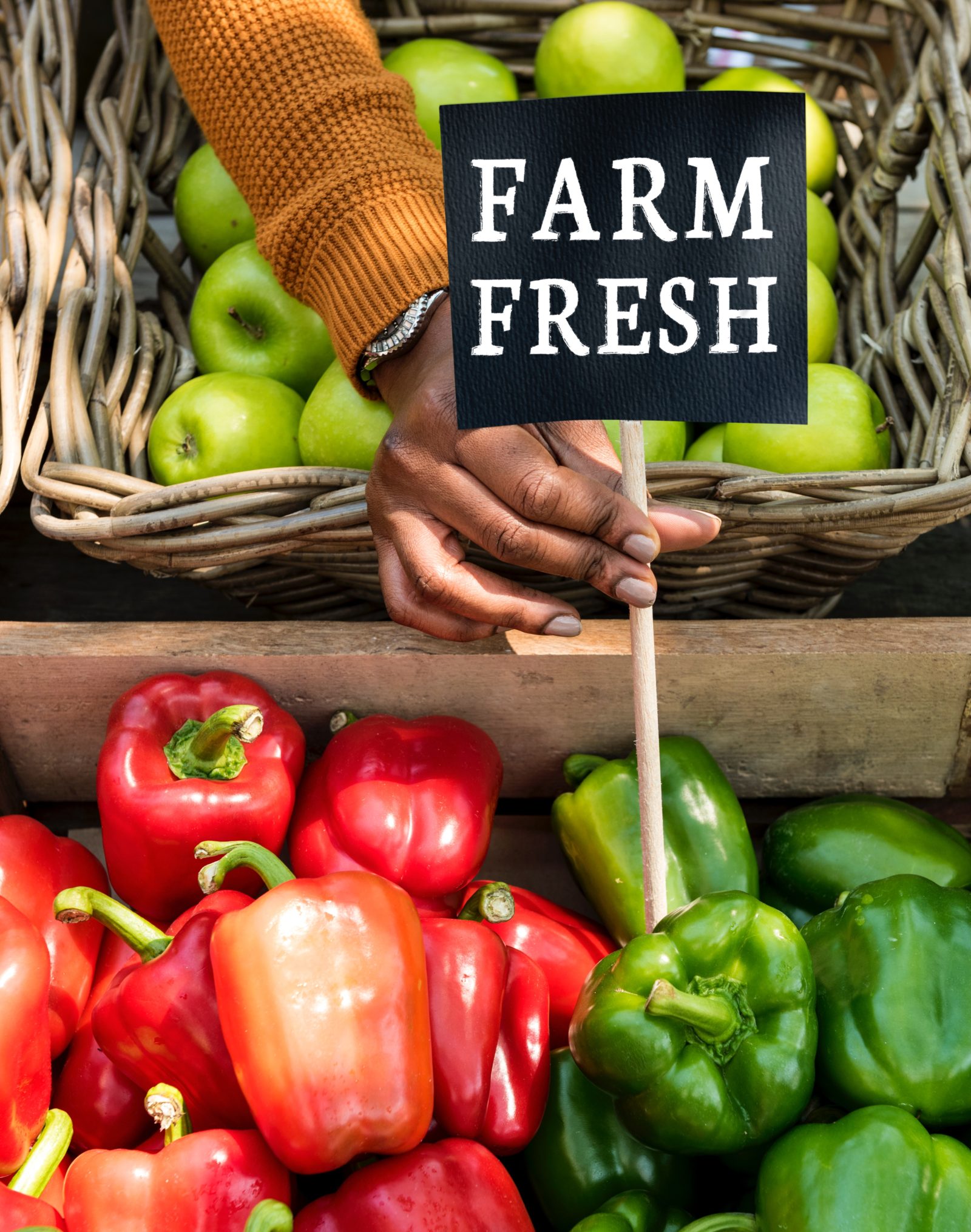What you eat matters for your health. That’s why understanding what GMO and organic mean on your food labels is important. Some people think they’re the same…do you? If so, keep reading to find out what you’re missing!
Understanding GMOs
GMO is short for “genetically-modified organisms.” These foods have molecules added (or removed) from the product’s DNA to enhance it. You have probably seen larger versions of your favorite foods in the produce section, a direct result of GMOs. They’re usually made to add more nutritional value and make these foods resistant to pests.
On the upside, they’re cheap to produce, they have less weeds, they make fruits taste sweeter, and they have a higher nutritional profile. But why does everyone get upset about GMOs? They sound good on paper, but the problem is that many GMO plants are now creating bacterial toxins that create resistant bugs, and guess what…we’re eating these toxins. Additionally, this leads to more pollution in the ocean and air with the chemicals used on GMO crops.
Understanding Organics
Organic foods are never made with harmful chemicals, synthetic herbicides, antibiotics, neurotoxins, pesticides, or drug residue. They’re much more expensive because they require more care, plus they have to be certified. While the initial expense of buying organic might be tough for your wallet, you’re paying to keep those dangerous toxins out of your system. Round-Up was recently cited for causing cancer. You are essentially paying for your better health and preventing the onset of disease down the road.
What’s the difference between organic and non-GMO labels then?
We knew you were going to ask that! Organic foods must be certified free of pesticides, solvents, fertilizers or additives. It’s better for the environment from the plants to the animals. Non-GMO foods are a bit similar in that the ingredients of the product must be verified as true by the Non-GMO Project. With animals, the food they eat must be inspected to ensure they’re not eating foods with GMOs.
The difference is that non-GMO prevents using herbicides that contain GMO but it is not grown organically. Non-GMO foods could be grown using conventional approaches. Still, organic foods are the most thoroughly-inspected. But purchasing non-GMO or organic labels will always be a safer choice than foods that lack these labels.
One thing you should watch out for when you’re shopping though is “natural.” There are no regulations against using the word “natural” on a label. If you’re looking for something that is pure and free of contaminants, you should choose “non-GMO” or “organic” labels instead. The use of “natural” is more about marketing than being a good choice for your health. Buyer beware!
